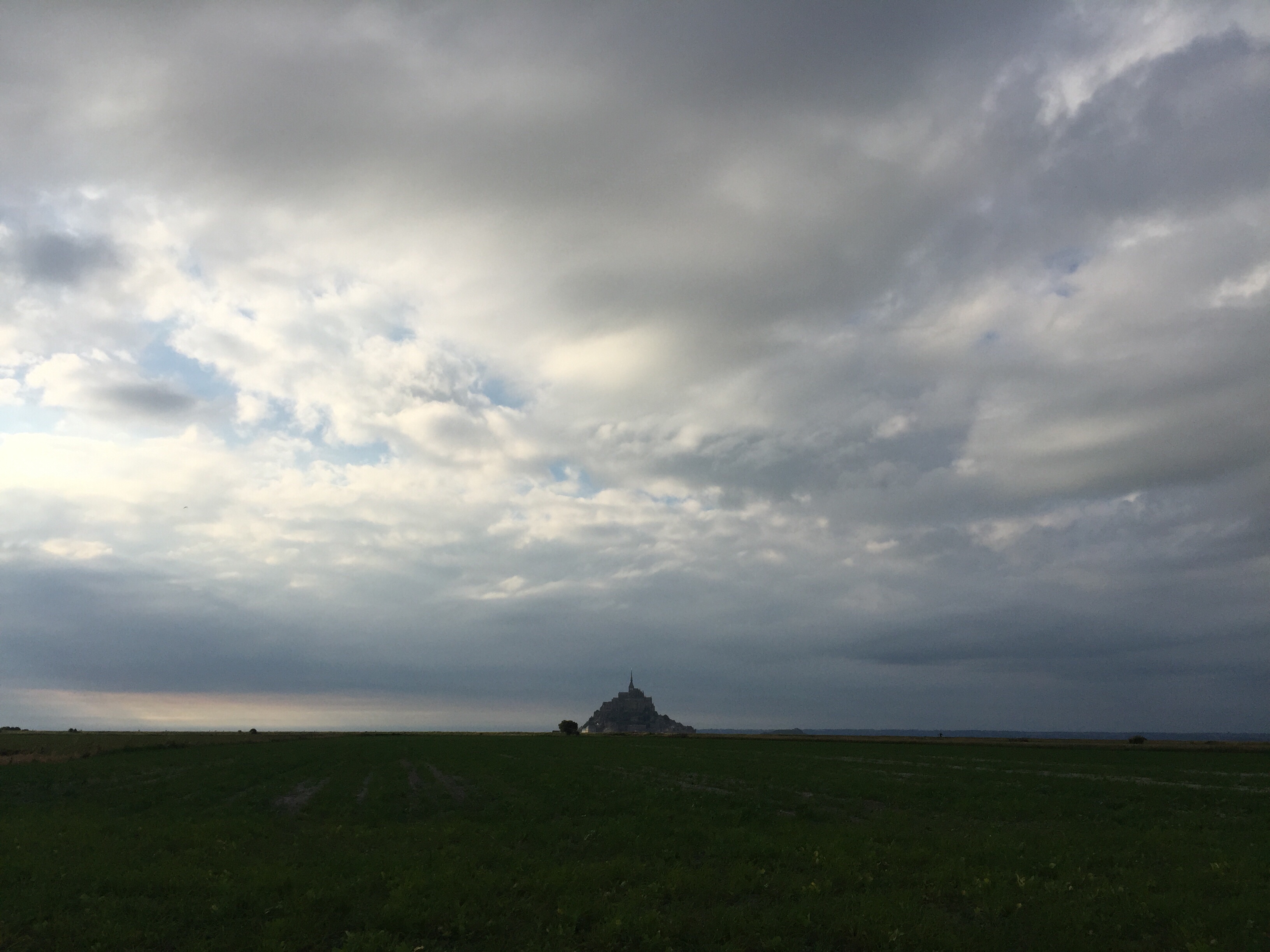Silence
Today I ponder the various manifestations of Silence.
It started with Kipling’s Kim, when he mentions that too many people hide behind unfamiliarity / cultural differences when they offend others due to ignorance. Kipling notes that such defense to the offense means little, that the truth will still result in a dagger.
Ignorance is a poor excuse. Silence perhaps is the only valid communication when in doubt, it is universally shared in all languages and cultures.
Silence is a word very similar to time, in that it is a simple concept with many variations in common vernacular. Here are the instantiations I’ve come across this past week:
- Silence in fiction. There is the difficulty of writing of a character that you wish to portray at a level of intelligence beyond what your own capability is. Refrain and implication is one way to do that. Kipling does it by course and wit with Kim and his mentors. Give enough tidbits of intelligence, and then let silence fill in the rest. Kipling, of course, did not need to use the trick, his ability is not questioned by me J Harder still is conveying silence in a work of fiction. The reader reads at a steadied paced. How do you inject the silence to force a reader to pause and hear it, much less to convey the character doing the same.
- Silence in business transactions. I had to close contracts this past week, where there were several periods of silence when people wished to wait for any questions of legality, or wish to push for closure in negotiation. It is a common negotiation tactic, especially on the phone, to use silence. People tend to hate silence in conversation, and will strive to fill it, even if it is there own caving to negotiation. It reminds me of the power of being in tune with someone in the height of romance, and silence only amplifies the connection.
- Silence in comedic timing. It is crucial for proper telling, and obvious skill I lack.
- Silence in meditation. Ms. Culley and Frank so long ago emphasized that approaching meditation with an active mind can be in stressing and lengthening the silence in between the words of the mind’s stream of consciousness.
- Silence in conversations. I am ambivalent on this, as some people use silence far too much to convey intelligence when actually they are hiding ignorance. This is especially the case in political interactions. The counter is, some of the wisest people I know are so in tune with silence. For them, it is not a trick of guile, but a state of being.
- Lack of Silence. I saw a foreign film (the French Notre Musique by Jean-Luc Godard) that in some ways lacked silence. It was a continual assault of statements, non-sequitors, “clever” assertions, and a feign of intellectualism by shear volume of words. The movie undermined itself in its lack of silence. It allowed for no digestion, much less consideration of weight. It was an assault that in the end, even I was calling it psycho babble of pseudo intellectualism. Great words, huge quantities, but it left me with the impression that the author had no real depth to them, only the book knowledge of words and clever linkages between the concepts. These are the people who leave “it is an exercise for the reader” as a excuse to hide the ignorance. With silence, ironically, I believe it is much harder to hide ignorance – you allow time to let others see through your cheap tricks.
- Silence as Danger. We have fear of silence. Our baby was silent for several days this week, causing us to go in to be checked out (all is fine).
These lessons in silence have made me realize the importance in using silence in my codepoetry work. How does an artist convey a mind at rest? A mind that is freed from the consciousness – a state elusive to me. How does an artist know the intellectual version of comedic timing to give the reader a rest, and thus avoid the babble fate that the French film reached?

One Reply to “Silence”